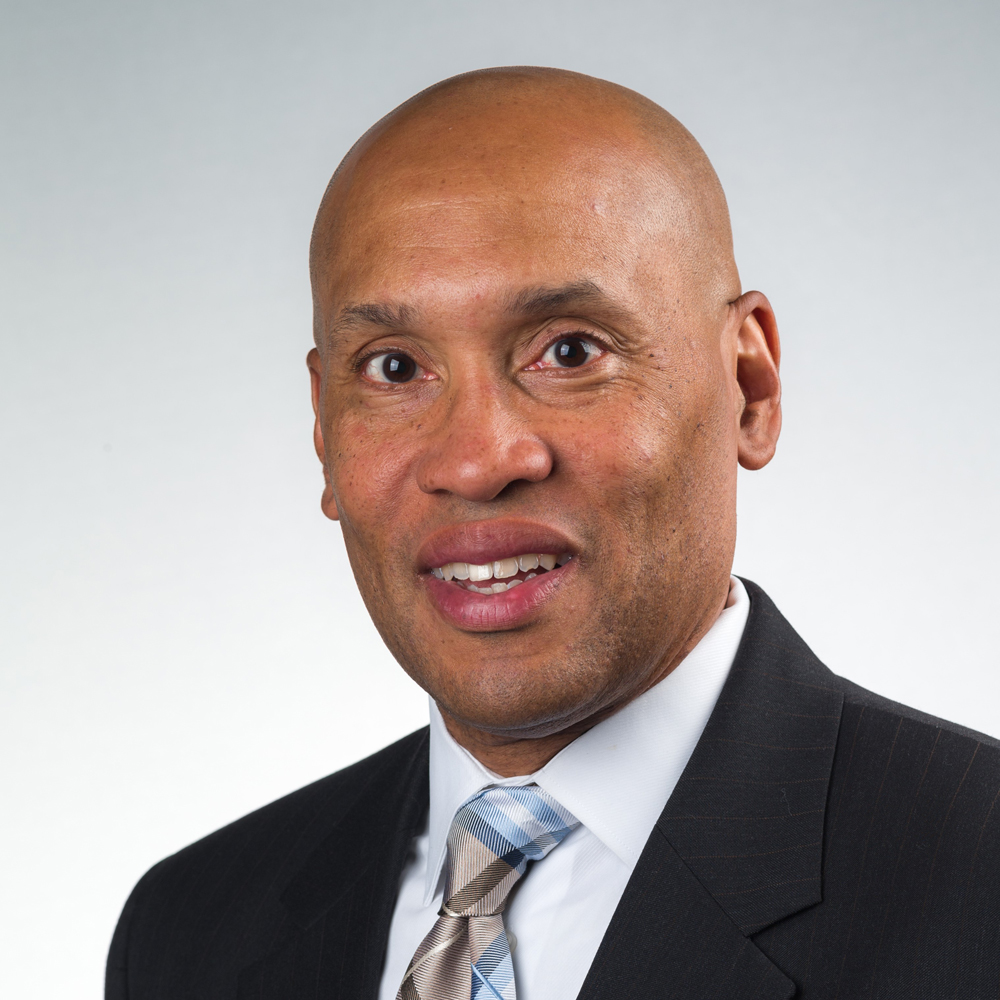
Nurturing Wellness: A Comprehensive Guide to Men’s Health
Men’s health encompasses a broad spectrum of physical, mental, and emotional well-being, reflecting the unique challenges and needs faced by men throughout their lives. From maintaining physical fitness and preventing chronic diseases to managing stress and seeking emotional support, prioritizing men’s health is essential for leading a fulfilling and vibrant life. In this article, we delve into the multifaceted world of men’s health, exploring key issues, preventive measures, and strategies for achieving optimal wellness at every stage of life.
Physical Health and Fitness
Physical health forms the foundation of overall wellness for men, encompassing factors such as nutrition, exercise, sleep, and preventive care. Regular physical activity is essential for maintaining a healthy weight, reducing the risk of chronic diseases such as heart disease, diabetes, and certain cancers, and promoting overall well-being. Men are encouraged to engage in a combination of cardiovascular exercise, strength training, and flexibility exercises to improve cardiovascular health, build muscle mass, and enhance mobility and flexibility. Additionally, adopting a balanced and nutritious diet rich in fruits, vegetables, lean proteins, and whole grains can provide essential nutrients and energy for optimal health and performance.
Preventive Care and Screening
Preventive care plays a crucial role in safeguarding men’s health and detecting potential health issues before they escalate into more serious conditions. Regular check-ups with a healthcare provider are essential for monitoring blood pressure, cholesterol levels, and other vital signs, as well as discussing any concerns or symptoms that may arise. Moreover, men should undergo age-appropriate screenings and tests, such as prostate cancer screening, colorectal cancer screening, and routine blood tests, to detect potential health issues early and initiate treatment or interventions as needed. Additionally, maintaining up-to-date vaccinations, such as the annual flu shot and tetanus booster, can help prevent infectious diseases and protect overall health.
Mental and Emotional Well-being
In addition to physical health, men’s health also encompasses mental and emotional well-being, including managing stress, coping with emotions, and seeking support when needed. Men may face unique challenges when it comes to addressing mental health concerns, as societal norms and expectations often discourage them from seeking help or expressing vulnerability. However, it’s essential for men to prioritize their mental and emotional well-being and seek support from trusted friends, family members, or mental health professionals when needed. Engaging in stress-reducing activities such as mindfulness meditation, yoga, or hobbies can help alleviate stress and promote relaxation, while maintaining strong social connections and relationships can provide a valuable source of support and camaraderie.
Addressing Men’s Health Disparities
Men’s health is influenced by a variety of factors, including genetics, environment, socioeconomic status, and access to healthcare. Unfortunately, men face disparities in health outcomes and access to care compared to women, with higher rates of mortality and morbidity from preventable diseases and conditions. Additionally, men are less likely to seek medical attention or adhere to preventive care guidelines, contributing to delays in diagnosis and treatment of health issues. Addressing men’s health disparities requires a multifaceted approach that addresses social determinants of health, promotes health literacy and awareness, and increases access to culturally competent and gender-sensitive healthcare services. By advocating for policies and initiatives that prioritize men’s health and address systemic barriers to care, we can work towards achieving health equity for all men.
Promoting Healthy Lifestyle Choices
Ultimately, achieving and maintaining optimal men’s health requires a commitment to adopting healthy lifestyle choices and habits that promote overall well-being. This includes prioritizing regular physical activity, eating a balanced and nutritious diet, getting adequate sleep, managing stress effectively, and seeking preventive care and screenings as recommended by healthcare professionals. Additionally, men are encouraged to avoid tobacco use, limit alcohol consumption, and practice safe sex to reduce the risk of chronic diseases and other health issues. By taking proactive steps to prioritize their health and well-being, men can empower themselves to lead fulfilling and vibrant lives, now and in the years to come.
The Importance of Mental Health Awareness
Mental health is an integral component of overall wellness, yet it is often overlooked or stigmatized in men’s health discourse. It’s crucial to raise awareness about the importance of mental health and destigmatize seeking help for mental health concerns. Men may face unique challenges in expressing their emotions or seeking support due to societal expectations of masculinity, but prioritizing mental health is essential for maintaining overall well-being. By promoting mental health awareness and providing resources for men to access support and treatment, we can break down barriers to care and encourage open and honest conversations about mental health.

Building Strong Social Connections
Strong social connections are vital for men’s health and well-being, providing a source of support, camaraderie, and belonging. However, men may struggle to cultivate and maintain meaningful relationships due to societal pressures to appear self-sufficient and independent. Building strong social connections involves nurturing existing friendships, cultivating new relationships, and actively participating in social activities and community events. Whether it’s joining a sports team, volunteering for a cause, or attending social gatherings, investing in social connections can have a positive impact on mental and emotional health, reducing feelings of isolation and loneliness.
Empowering Men Through Education and Advocacy
Empowering men to prioritize their health and well-being requires ongoing education, advocacy, and support from healthcare providers, policymakers, and community leaders. By providing men with accurate information about preventive care, healthy lifestyle choices, and available resources, we can empower them to take charge of their health and make informed decisions. Additionally, advocating for policies and programs that address men’s health disparities, promote health equity, and increase access to healthcare services can help ensure that all men have the opportunity to thrive and live their best lives. Through education, advocacy, and support, we can create a culture of health and wellness that empowers men to prioritize their well-being and live fulfilling lives.


Recent Comments